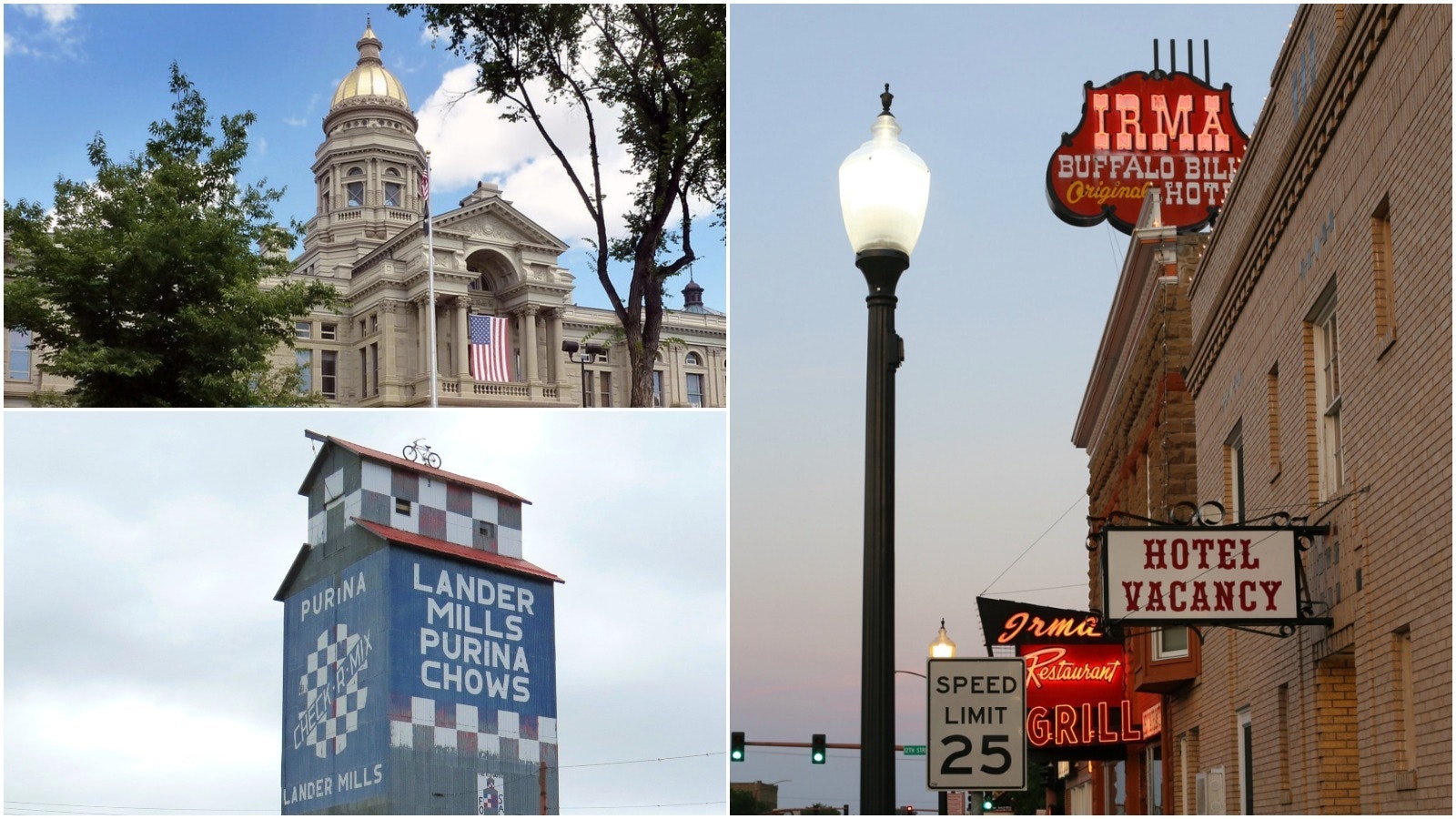Like Wyoming’s counties and the state itself, Wyoming’s cities are having to reduce their spending in the face of declining tax revenues.
Officials in different communities are taking different steps to make their budgets balance, from spending cuts to hiring freezes.
The mayors of Lander, Cody and Cheyenne told the Cowboy State Daily that their coffers had already been squeezed by tax income declines even before the coronavirus pandemic that resulted in business closures.
Lander
Lander had already been forced to make budget cuts of $650,000 and may have to reduce spending by another $300,000 by the end of the year, said Mayor Monte Richardson and Treasurer Charri Lara.
The city has seen a significant drop in revenues with the collapse of coal and oil prices, the two said, along with the reduced sales tax revenue.
“The projected sales tax decline was around 20%,” Lara said. “We’ve dropped below that and we’re not sure how far it will go.”
The cuts will ultimately have an impact on Lander’s citizens in the form of reduced services, Richardson said.
“We’ve cut the police department, the Parks and Rec Department, the cemetery,” he said. “We’ve cut most of our part-time summer help. The differences we’ll see are like a pyramid. If the city has to make budget cuts, we just won’t be able to provide the same services we have before.”
Complicating the issue is a possible reduction in the amount of money the Legislature makes available to Wyoming’s cities. With the state facing a $1.5 billion deficit, some believe the those payments to the cities may be reduced or eliminated.
“The Legislature dictates supplemental sums to the city, and we don’t know yet how big those cuts will be, but Wyoming has to cut $1.5 billion over the next two years,” he said. “That’s 750 million a year, which is a huge amount to cut.”
Cody
Cody started economizing some time ago, said Mayor Matt Hall, by not filling jobs that came open through retirement and by consolidating positions to give more responsibilities to fewer employees.
“We have asked, and we continue to ask, employees to wear a couple of different hats now, to troubleshoot things that they wouldn’t normally have to do had we been able to hire another person,” he said. “So we’ve lowered the amount of people working for the city, but when you have less people, things start slipping through the cracks.”
He said the personnel reductions would make themselves felt in areas such as maintenance to city parks and possible skipped days on garbage pickup.
“New technology and IT stuff we’ve had to put off,” he said. “We’re putting off maintenance things, that, if we keep putting them off, we’ll end up re-doing, which costs an order of magnitude higher than just by doing some basic maintenance.”
Cody has already tapped its reserves for emergencies for about the last 10 years, Hall said.
“Essentially we’re using reserves to balance the budget,” he said. “The auditors recommend that we have a certain amount in reserves, to cover big expenses for emergencies, but for the most part, we are slowly whittling away the reserves that we’ve set aside for emergencies.
Cheyenne
Heading into the new fiscal year knowing tax income would decline significantly, Cheyenne Mayor Marian Orr asked her department heads to prepare a budget 20% below current levels.
The end result was a budget with percentage cuts ranging from the single digits in Public Safety to a cut of 19% in Orr’s office, she said.
“I’m feeling pretty optimistic,” she said. “We made cuts early in the budgeting process, so I don’t think we’ll have to do cuts, layoffs or furloughs in the future.”
Officials had initially believed sales tax income would decline by 25% in the coming year, but Orr said new information indicates the decline might be closer to 11%.
She added there has also been some good economic news for the city with increases in large consumer purchases such as cars and recreational vehicles.
However, Orr expressed concern about a reduction in the amount of money given the state’s cities by the Legislature, which she said has amounted to about $4 million on past years.
If the state does not provide those payments, the city may have to ask voters to approve a sales tax increase, she added.
“Because I don’t know where we’d find $4 million extra in our budget,” she said.
The city’s latest budget did take the cancellation of Cheyenne Frontier Days into account, Orr said.
“But it will be interesting to see overall how the spending patterns come,” she said. “Maybe we’ll see tourism in a different way in the city and county.”





